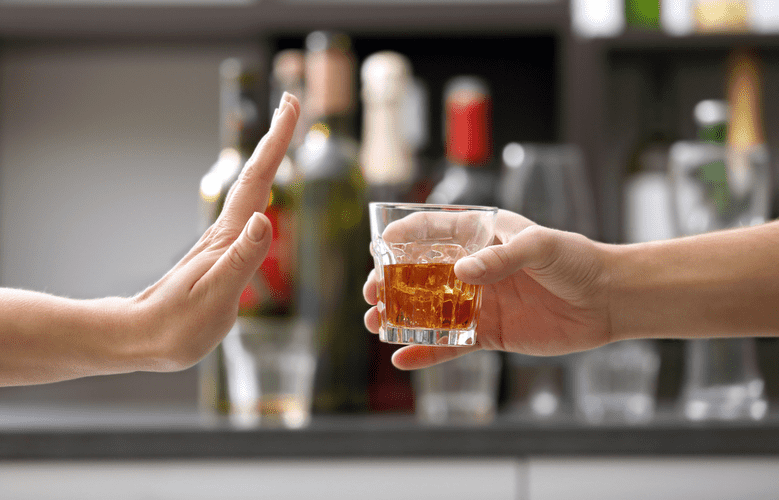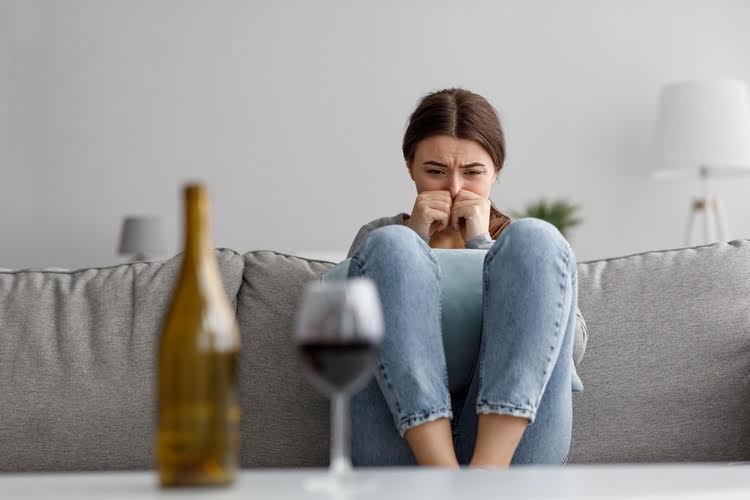Relapse Prevention RP MBRP Recovery Research Institute
Biosensors can track physiological data such as heart rate, skin temperature, and sweat levels, which may indicate stress https://imageban.ru/show/2013/11/08/0ba44c9c963a3beef90d9b18c5250270/jpg or cravings. These devices can provide real-time feedback and alerts to help individuals manage their recovery proactively. Additionally, maintaining social connections and building a support network through these activities can provide additional motivation and accountability for staying sober. By staying busy and engaged in positive activities, individuals can improve their overall well-being and reduce the chance of mental relapse.
- A variety of drugs are used to help individuals in the process of recovery from addiction.
- Old patterns of behaviour can be returned to, especially at times of stress.
- The stages of relapse unfold gradually, like chapters in a tragic novel.
- Dr. Deena is a doctor of psychology and licensed clinical social worker since 1993.
- Recurrent relapses suggest that the disorder is more severe than was initially diagnosed.
Get Professional Help
The stages of relapse unfold gradually, like chapters in a tragic novel. It begins with emotional relapse, where subtle signs of distress and discontent start to emerge, often unnoticed. This phase then progresses to mental relapse, where conflicting thoughts and cravings wrestle for dominance in the https://dndz.tv/article-36268.html mind.

Warning signs of relapse

The goal of a relapse prevention plan is to empower individuals to maintain abstinence by building resilience against relapse triggers and strengthening their commitment to recovery. The Relapse Prevention (RP) Model is a therapeutic approach designed to help individuals identify, anticipate, and manage the factors that lead to relapse. Initially developed by psychologists Alan Marlatt and Judith Gordon, this model views relapse as a process, not just an event, and focuses on building skills to prevent substance use before it occurs. Managing stress is one of the most important relapse-prevention skills a person can have.

Resource Box 3. Relapse Prevention Tool: SOBER Brief Meditation

Albert Bandura’s social learning theory also emphasizes the role of observational learning https://acousticlyrics.ru/1996-music/ and social influences in behavior change. This theory posits that individuals learn behaviors and coping strategies by observing and interacting with others. RP is essential because relapse rates are high, with studies indicating that approximately 40-60% of individuals in recovery will experience a relapse. The main goals of RP include enhancing self-control, reducing the likelihood of relapse, and improving overall well-being.
- Develop a plan to continue with the process of change and manage future stresses and triggers.
- Have a go-to plan if you feel on the verge of relapse, such as leaving the environment, calling a friend, or using a grounding technique.
- The last section might have seemed a bit negative but it’s important to be realistic – those risks and temptations do exist.
- At this stage, you’re not doing anything illegal or having inappropriate thoughts.
